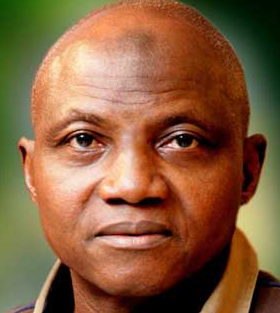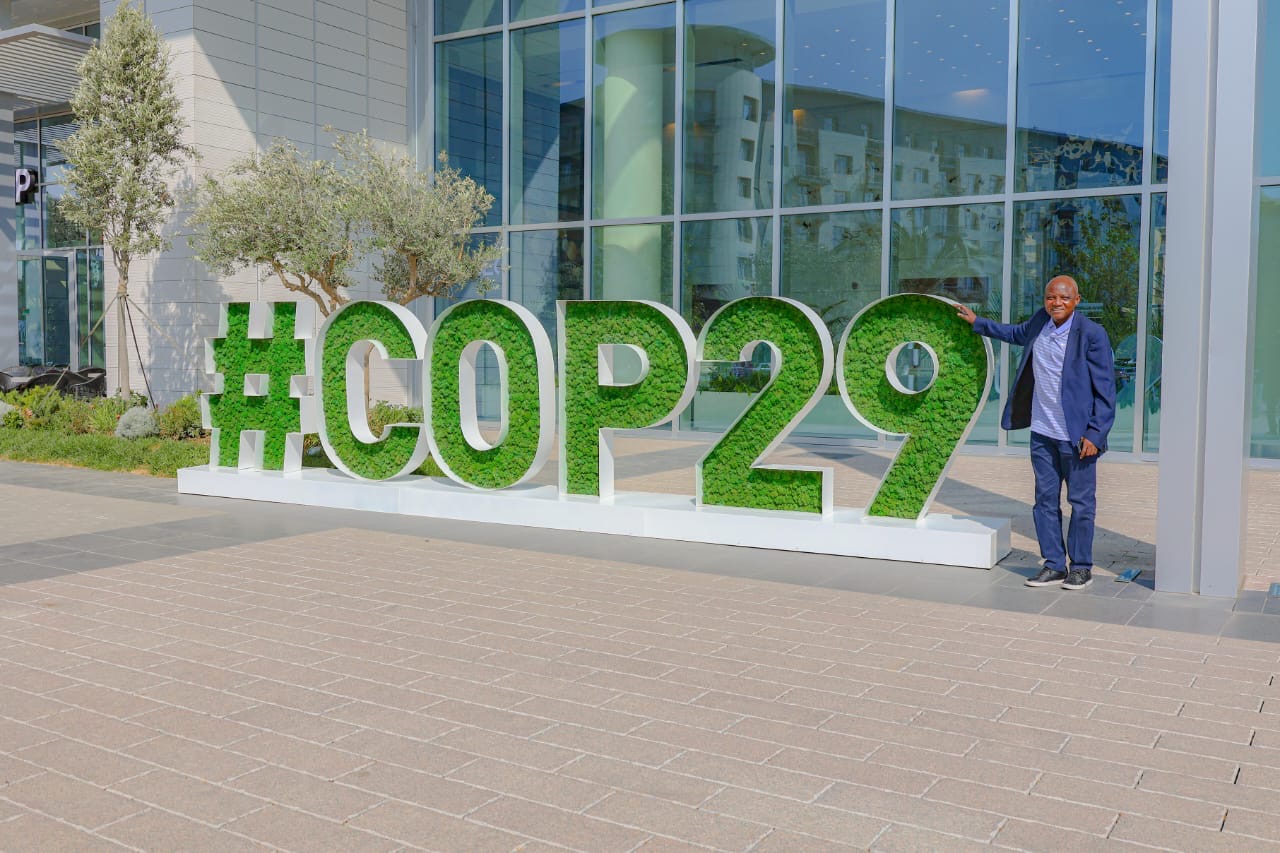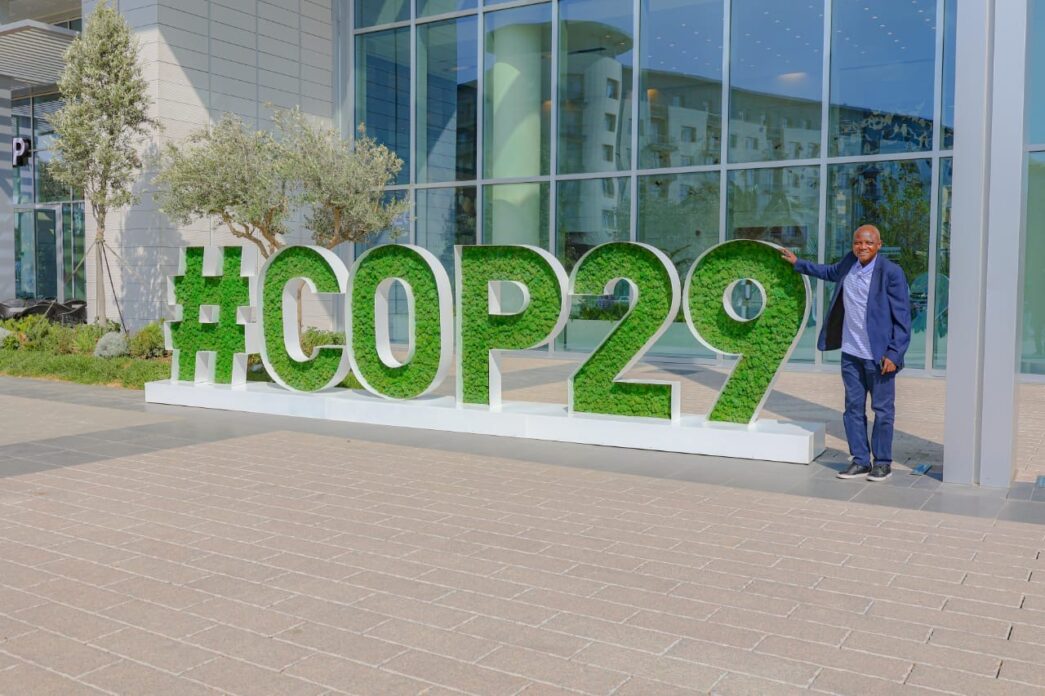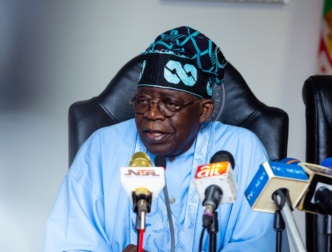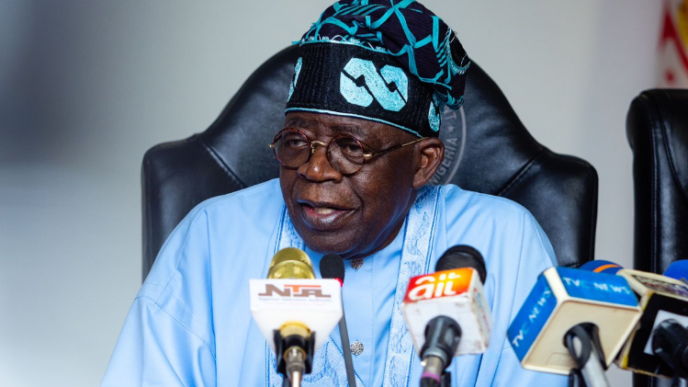In a period of less than four weeks, representatives from 186 countries that confirmed their participation would be assembling in the splendid city of Baku, the Azerbaijani capital to showcase their efforts to limit global warming and host discussions to prepare for future climate change.
The expected delegates, numbering between twenty to forty thousand, coupled with about the same number of activists and other interested parties are expected to discuss the adaptation and mitigation efforts required to achieve significant positive outcomes in the coming years towards tackling climate change.
Each country has its nationally determined goals and priorities (NDCs), and these are also the points of dissonances.
Azerbaijan, speaking through their minister of environment Mansour Babayev, says they want this year’s summit to give attention to making climate finance more available, accessible and affordable to developing countries so that they can achieve their climate ambitions and implement their their NDCs.
Advertisement
Beyond the hackneyed issues of mitigation and adaptation, the hosts this year have stated the goal of working with others to find ways for an increase in financing climate mitigation by the Least Developed Countries, LDCs.
Determined to assist these African and other developing countries to prepare themselves well with platforms and the usual debates, Azerbaijan dispatched several teams to visit to hear the expectations and vulnerabilities of those countries.
If this works out well, Africa would be delighted with this vision and commitment of Azerbaijan’s long-serving national leader, President Haydar Aliyev and his people who have shown a rare willingness and commitment to climate positive actions much earlier than the growing, intense awareness of the climate action seen in recent years.
Azerbaijani capital, Baku (they say its historically correct name is Baki) is a repository of climate actions and policies for as long as the city had been in existence. A visit to the sprawling city would convince even the most disinclined critics that its choice as the host of COP29 global conference is not by accident.
When my hotel said at the point of check-in that their fitness centre was unfortunately out of use, I asked to be shown a public park runners could use.
Advertisement
For those readers who would be there 11-22 next month, November for this event, they would see that virtually all the major city streets are characterized by greenery, designed as parks and gardens geared towards sustainable lifestyles. This is the city as it had always been, not a design change or make-believe to attract the hosting rights of the COP.
Away from capital, even the newly-recovered, Armenian-occupied territories around Nagorno-Karabakh in the latest round of war between the neighbouring countries have been designated as a “Green Energy Zone.”
With this, the region is set to witness a climate resilient development that would transport it to the future in terms of greenery and resilience.
The country’s passion for the green agenda is equally manifested by the achievements of two key sectors – oil and gas and electric energy sectors.
As is Nigeria, Azerbaijan is an oil and gas economy. They are not in OPEC but they are, like Russia -the world’s second largest oil producer- in a sort of community with the organization, working together to decide the price of oil and other oil commodity policies. Together, they make up what they call “OPEC plus.”
Advertisement
It then follows that the country would be concerned, as we are here, with the growing Western rhetoric of a hastened, total ban on the use of fossil fuels. Until the Russian war with Ukraine started, the developed economies of the West were taking a number of concretely aggressive measures to limit oil production and its uses, telling their banks to stop funding oil and gas development in countries such as ours.
Azerbaijan today produces between 700,000-800,000 thousand barrels a day and SOCAR, the fully state-owned national oil and gas company headquartered in Baku is currently making strategic shift as it evolves from a traditional oil and gas company to a comprehensive energy provider with medium and long-term decarbonization targets they would further unveil at COP29.
In October 2023, Azerbaijan completed a 230 MW solar plant in Garadagh, near Baku, sending another strong message of their passion for their green agenda. This was quickly followed by the laying of the foundation of two new stations to bring available capacity to 1GW (one gigawatt), marking a major step in the march to their energy transition.
In the medium term, Azerbaijan aims to generate 30 per cent of its energy from renewable sources by 2030.
While the country’s available electricity supply is put at 5 GW, regular consumption is currently at about 3.5G W, rising to a maximum of up to 4.5 GW.
Advertisement
Azerbaijani food culture is, as to be expected, significantly different from our own. But visiting Nigerians would have plenty to eat – and pleasantly 6 in the Old City, parts of which are designated as UNESCO heritage sites.
The French have a great reputation for being consumers of bread, but the Azerbaijanis eat on the average 100 per cent more bread than do the French citizens.
Advertisement
The Hausas will find themselves at home with their grilled meats-some of it much like our suya- and their Chay (tea), served freshly brewed, hot, and strong.
The Yorubas would not miss their hot peppered meals. Baku is not like other places where you ask them to give hot peppers, and they bring you curry powder or Tabasco. If they ask for it, they will escalate it to the level you want. Igbos will get a variety of vegetable soups and fish or cow meat they are used to, but if they must eat garri or yam, they should package some from home.
Advertisement
Although 90 per cent of them are Muslim, they don’t flock to the mosques as we do here. After 70 years of communist control under the Soviet system, many don’t remember how to pray five times in a day. Or even the direction of the Qibla. Yet, here and there, you can see women in their Hijab and a designated prayer place in public places. The city has beautiful mosques and a colourful orthodox-type cathedral.
When you see the free flow of alcohol and its consumption, you would think you are in a European capital or a major metropolis. In addition, they have a budding wine industry that has begun receiving global recognition.
In readiness for the climate conference, the host country has transformed the Baku stadium into a multi-venue meeting centre. The UN agencies alone have 120 meeting pavilions. There are several medical centres and a large number of fire trucks in the facility. The Green Zone has a setting to contain well-ordered demonstrations and protests, usually characterizing COP. Anything outside the approved protest guidelines will be met with a firm response. This country places law and order on a very high level, and a warning to our activists is that they should not take this lightly.
The city itself has prepared a list of 144 hotels in the third, fourth, and five-star categories, and the booking platforms are already released. A user-friendly, fast-track visas platform is available 24/7, and transportation would be available free of charge.
Advertisement
Baku, which is notorious for its slow movement of traffic, is promising transport management using mostly buses. Given the big inflow of people during the conference, this should mark a reduction of carbon imprint.
Negotiators at the Glasgow COP26 climate change summit agreed in November 2021 to create a global carbon credit offset trading market. By this, countries could emit a certain amount of carbon dioxide or other greenhouse gases (GHGs) and to sell the excess number of credits allowed them by the UN.
Africa, which in total is responsible for only two per cent of the world’s greenhouse emissions, is increasingly becoming more or less the shopping mall for carbon credits.
A growing number of African countries see a strategic opportunity to leverage the continent’s renewable resources to earn money while advancing global climate goals.
This is, however, being seen by the activist community as a precursor to a new colonial rule in Africa.
Rich countries, including some in the Middle East, are on a buying spree of swathes of African forests under the United Nations Framework Convention for Climate Change, UN-FCCC, to counter emissions by preventing deforestation.
Gabon, one of the most forested African countries, is on the record as the first country on the continent to make carbon credits available for sale.
Since then, others, including Kenya, Malawi, Togo, Burundi, and Rwanda, have entered the trade.
For example, a company called Blue Carbon, founded by Sheikh Ahmed Dalmook Al Maktoum, a member of the royal family of Dubai, has signed MOUs with the governments of Liberia, Tanzania, Zambia and Zimbabwe to manage huge swathes of their forests and produce carbon credits from conservation activities.
Notable carbon projects in Kenya include the Northern Rangeland Trust Carbon Project, the Kasigu Wildlife Corridor Project, and the Mikono Panuja Project.
These projects, in a way, give the wealthy countries and corporations a lisence to continue to pollute the planet.
Last year, the Vice President of Nigeria inaugurated a committee of experts to advise the government on the activation of a sustainable carbon market.
On the basis of this committee’s recommendations, the government is hoping to ensure the creation of “an efficient carbon market ecosystem” expected to fetch the country more than two thousand, five hundred million Dollars ($2.5 billion). Nigeria has a very hard decision to make.
With growing fears of such deals tending to
breach community land ownership and violate people’s rights to have a say in the development of their land, African governments are coming under increasing criticism from international NGOs, urging them to halt the relapses into colonialism by the way of foreign rule over their territories.
How all these play out – the pro and con- at COP29 – will have a significant impact on the African, nay world order.
Shehu, journalism and PR practitioner.
Views expressed by contributors are strictly personal and not of TheCable.
Add a comment
